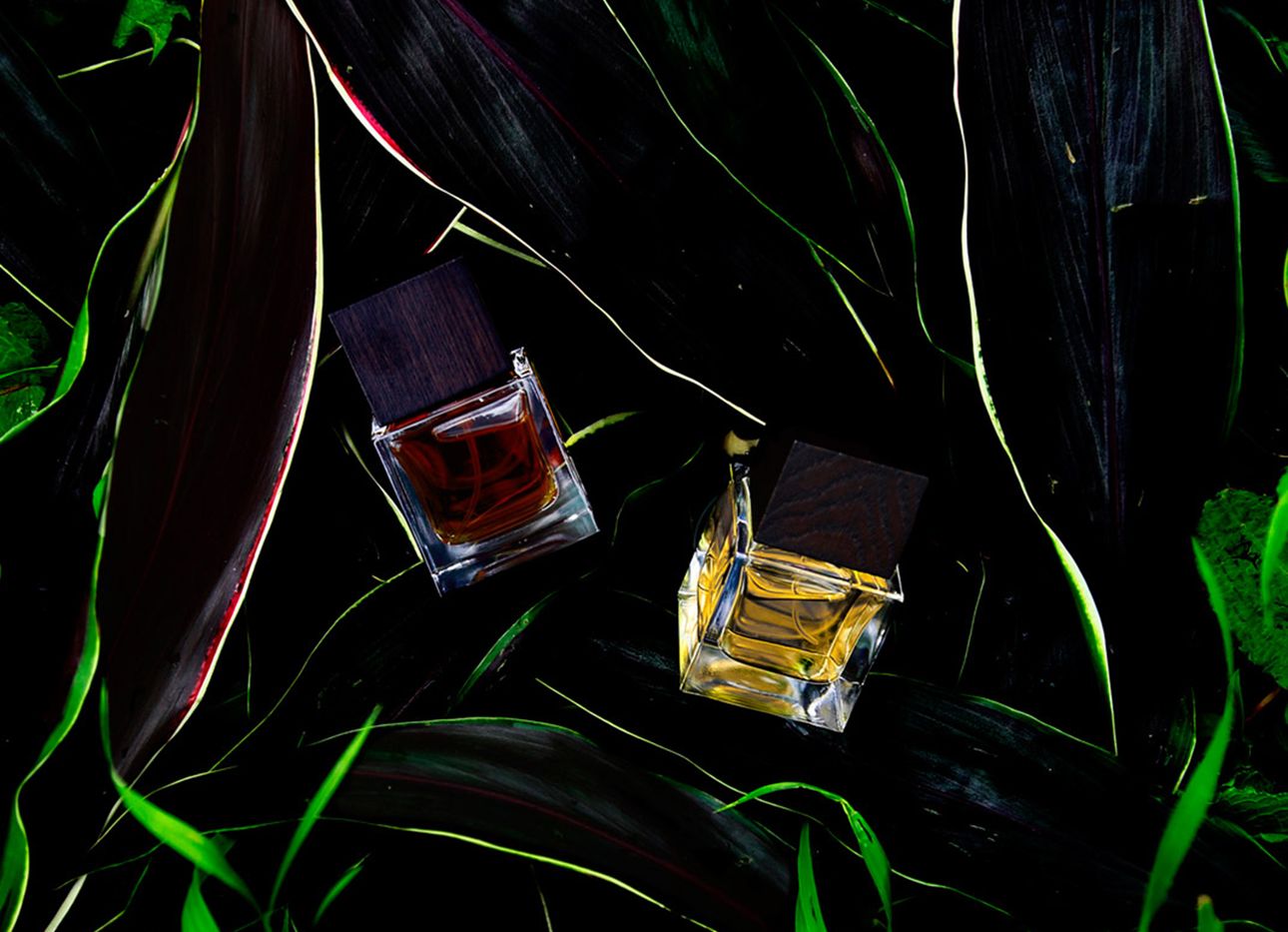
The Japanese Company Applying Elements of the Slow Food Movement to Perfume
Made on the Japanese island of Hokkaido, fragrances by Di Ser appeal to more than the nose alone. Perfumer Yasuyuki Shinohara founded the company, in 1999, as two interconnected entities—a pharmacology arm, which produces herbal tea, incense, and other botanical products, and an agricultural research arm—and makes scents that blend both approaches. He and his team concoct small-batch, chemical-free perfumes out of plants (ones that are native to Japan or that are used in the country’s centuries-old ceremonies) grown on-site, showcasing the possibilities of an olfactory world that intersects with a farm-to-table ethos.
“We’re in an era where people are moving from the lifestyle of big cities to local [communities],” says Shinohara, who, as Di Ser’s chief perfumer, lets the flora drive his creative process, which often begins with a long walk or a soak in a hot spring. Di Ser’s slow, science-centric approach is fundamental to the company, which spent 15 years perfecting a novel way of extracting kyara, the rarest and highest grade of agarwood, for use in one of its initial scents, marking the first time the ingredient was translated into a perfume. Di Ser also devised a sophisticated process for distilling essential fragrant compounds from the intracellular water and other fluids found inside its plants, guaranteeing less oxidation and a purer source material. Each experiment enhances Di Ser’s tangible connection to its ingredients, allowing the brand to continually redefine the concept of a signature scent.